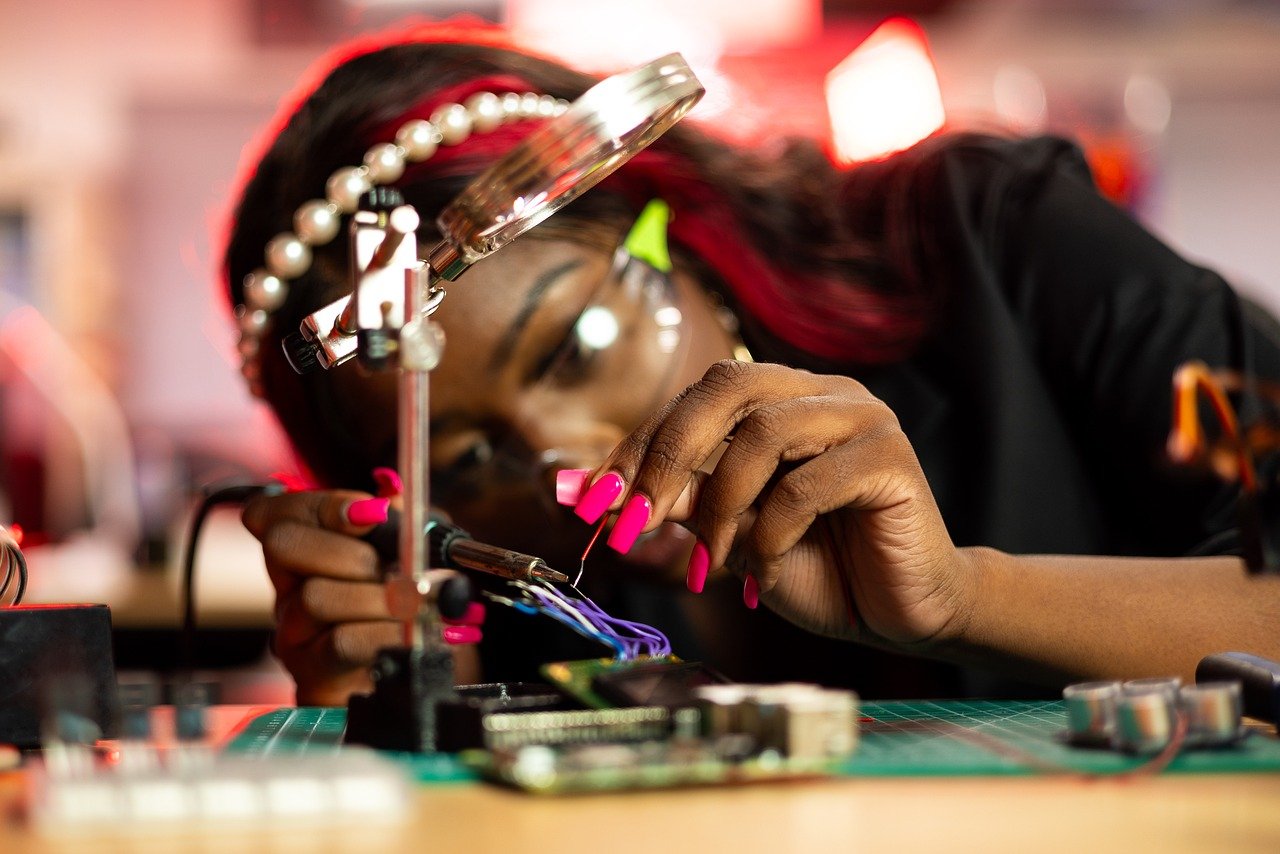In an era marked by rapid technological advancement, environmental concerns, and shifting economic landscapes, businesses are increasingly challenged to develop a future-ready workforce.

This involves not just attracting talent but also ensuring that employees are equipped with the skills and resilience needed for tomorrow's challenges. Forward-looking organisations are adopting strategies to future-proof their workforce, ranging from lowering entry barriers to embracing diversity and fostering continuous learning.
Addressing Industry Shortfalls
The pressing issue facing such as transport and logistics is a significant talent shortfall. According to recent reports, sectors such as road transport, are grappling with shortages of qualified drivers and skilled technicians.
For example, there is a projected shortfall of over 745,000 drivers in Europe by 2028, exacerbated by the ageing workforce and insufficient recruitment of new drivers. Additionally, there is a critical shortage of advanced driver assistance systems (ADAS) certified technicians, with over 6,000 vacancies reported in the UK alone.
Businesses are recognising the need to cultivate talent internally and are implementing various programs to address these shortages. For instance, companies such as MAN are running bespoke apprenticeship programs in partnership with training providers, focusing on outreach to schools and simplifying the entry process into these technical roles.
The allocation of mentors and partnerships with organisations like the Institute for Apprenticeships are further helping to develop talent pipelines and ensure the long-term availability of skilled workers.
Lowering Barriers to Entry
To attract more diverse talent into the traditionally male-dominated field of engineering, businesses are rethinking their recruitment strategies. There is a growing trend toward skills-based hiring, focussing on practical abilities rather than traditional qualifications. This shift is making it easier for individuals, regardless of their backgrounds, to enter and succeed in these industries. By working closely with universities, colleges, and government organizations, companies are creating more accessible career pathways for underrepresented groups.
Campaigns such as "Generation Logistics" and "Engineers 2030" aim to reshape public perceptions of careers in sectors like logistics and engineering. These initiatives are designed to attract a broader demographic by promoting entry-level roles and graduate programs that highlight the exciting opportunities available beyond traditional jobs.
Enhancing Diversity and Inclusion
Diversity remains a critical focus for future-ready businesses. Despite some progress, women still represent only 15.7% of the engineering workforce, highlighting the need for more inclusive recruitment practices. Initiatives such as the Transport Skills Academy (TSA) are tackling this challenge head-on by promoting gender diversity at all levels, through mentoring, policy advocacy and actively challenging stereotypes.
Along with gender diversity, companies are focusing on broader inclusion initiatives. For instance, programs like "Ban the Box" and "WorkFit" are helping individuals with criminal records and those with additional needs to access employment opportunities, expanding the talent pool.
Building and Retaining an Engaged Workforce
Future-focused businesses understand that attracting talent is only one part of the equation—retention is equally crucial. To build an engaged workforce, companies are investing in smoother onboarding processes, continuous career guidance, and clear growth opportunities. These changes build towards a supportive company culture - a key factor that drives employee engagement and long-term retention.
Logistics conglomerate GXO have taken a proactive approach to these issues, raising awareness of the career opportunities within the sector, working closely with schools and universities to engage potential talent. Their commitment to diversity and inclusion is shown by their apprenticeship programs, which aim for a 50/50 gender split, as well as their broader Diversity, Equality and Inclusion (DEI) initiatives which support veterans, disabled individuals, and ex-offenders.
The Importance of Lifelong Learning
As businesses prepare for the future, continuous training and development are becoming non-negotiable. The fast pace of technological development requires a workforce that is not only skilled but adaptable. Businesses are embedding lifelong learning into their corporate culture by offering ongoing training in emerging technologies, leadership, and soft skills.
Professional Registration, through Professional Engineering Institutions such as the SOE, ensures that Engineers are constantly learning. Registration encourages constant professional development, ensuring that employees are not only equipped to meet today's challenges but also prepared for the evolving demands of tomorrow's workplace.
What’s Next
Developing tomorrow’s workforce requires a holistic approach—one that not only lowers barriers to entry but also embraces diversity and invests in continuous learning and growth.
Businesses that are future-focused are already implementing these strategies, building a workforce that is not only skilled but diverse and engaged. By fostering a positive culture of inclusivity, continuous learning, and adaptability, they are setting themselves up for success in a complex and dynamic world.
